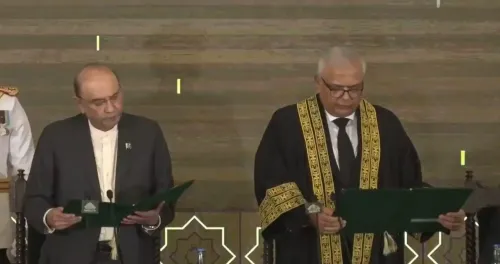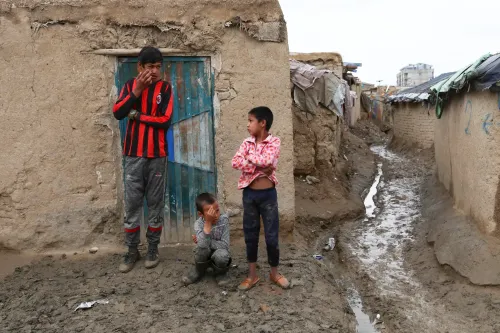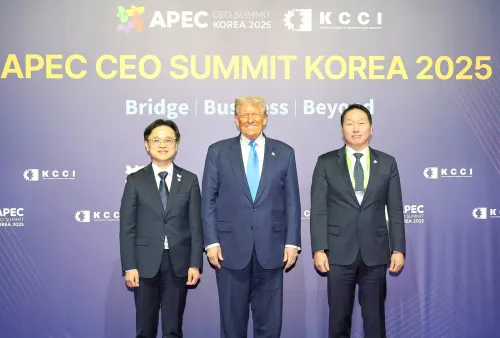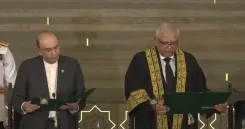Is South Korea on the Path to Uranium Enrichment and Spent Fuel Reprocessing?

Synopsis
Key Takeaways
- South Korea has secured US backing for uranium enrichment.
- The 123 agreement governs nuclear energy cooperation.
- South Korea operates 26 commercial reactors.
- Spent fuel storage is expected to reach capacity by 2030.
- The agreement is seen as a strategic upgrade in bilateral relations.
Seoul, Nov 14 (NationPress) South Korea has made a significant advancement on Friday in its enduring aspiration to gain the rights for uranium enrichment and spent fuel reprocessing for non-military purposes, with the United States expressing its support in the joint summit document between the two nations.
The fact sheet, made public earlier, highlights the agreements achieved during the summits involving President Lee Jae Myung and US President Donald Trump. It details the commitments made by the allies regarding crucial trade and security matters.
According to the document, "In line with the bilateral 123 agreement and subject to US legal stipulations, the United States endorses the process leading to the ROK's civil uranium enrichment and spent fuel reprocessing for peaceful utilization." ROK refers to South Korea's official designation, the Republic of Korea.
Per the 123 agreement regarding peaceful nuclear energy collaboration, South Korea is granted very limited authority to reprocess spent nuclear fuel or enrich uranium for civilian applications, as such operations necessitate US agreement through bilateral discussions under the applicable treaties, laws, and regulations governing both nations.
The current arrangement permits South Korea to enrich uranium up to less than 20 percent contingent upon US approval, largely due to concerns about nuclear proliferation, as reported by Yonhap news agency.
This nuclear energy agreement, established in 1974, was modified once in 2015 for a 20-year term to fulfill Seoul's request for rights to reprocess spent fuel and enhance uranium, yet it has been perceived as effectively preventing Seoul from producing its own civilian nuclear fuel.
As a significant player in global nuclear energy, South Korea has persistently sought to expand its rights in order to manage increasing nuclear waste inventories.
The nation currently operates 26 commercial nuclear reactors, with spent fuel rod storage expected to hit full capacity by around 2030.
Its push for revising the agreement also aligns with South Korea's ambition to secure fuel supplies for its initiative to develop nuclear-powered submarines, a project that has received US approval, as confirmed in their joint fact sheet.
Upon announcing the outcomes of the summit on Friday, Lee characterized US backing for Seoul's uranium enrichment and spent fuel reprocessing as a "notable progress."
"The door is now wide open for a renaissance of the South Korea-US alliance, where both countries can realize a genuine win-win outcome," he stated.
In separate press releases, the South Korean foreign ministry referred to the agreement on enrichment and reprocessing as "a strategic enhancement" of bilateral nuclear energy collaboration.
"We have secured US support for (uranium) enrichment and spent fuel reprocessing publicly for the first time," the ministry asserted.
Having received such backing from its ally, South Korea faces a long and intricate journey ahead to realize these goals, as implementing the agreement will necessitate extensive and challenging negotiations that may span years.
Seoul and Washington will need to determine whether the US will permit uranium enrichment and spent fuel reprocessing within the existing 123 agreement framework or by modifying the pact. In either case, rigorous discussions over the terms are anticipated.









